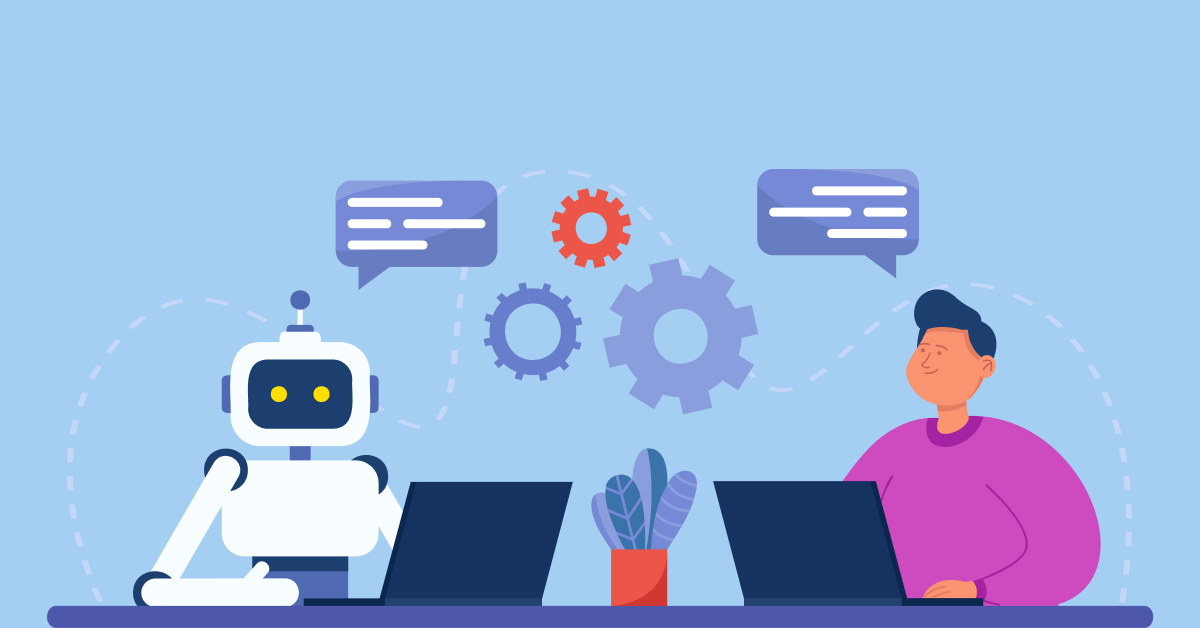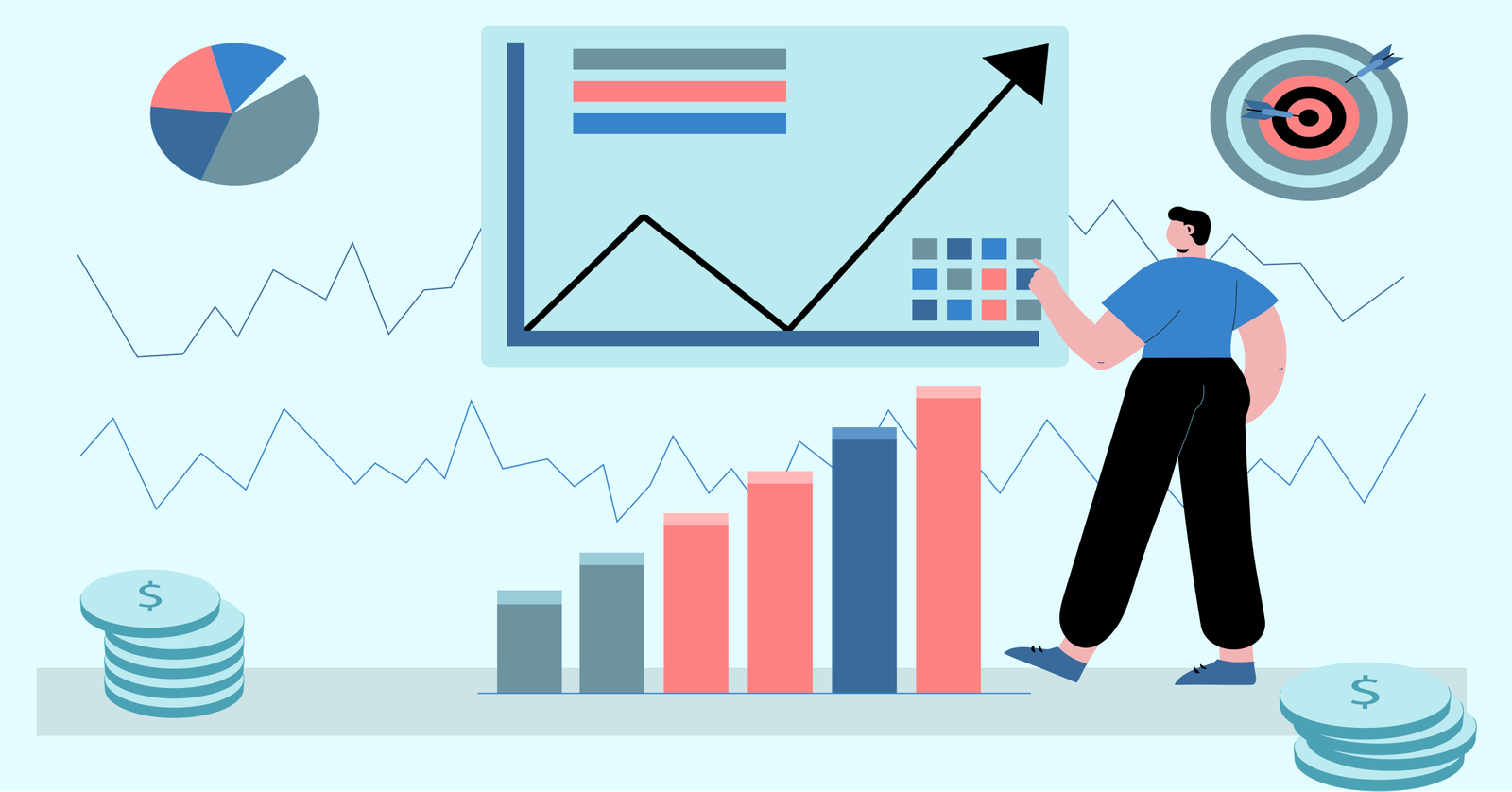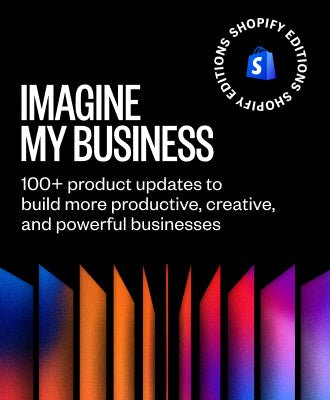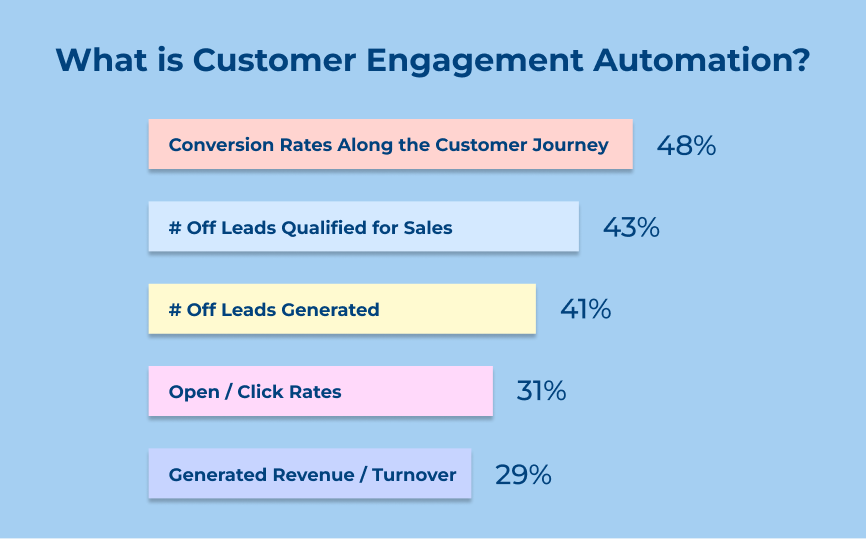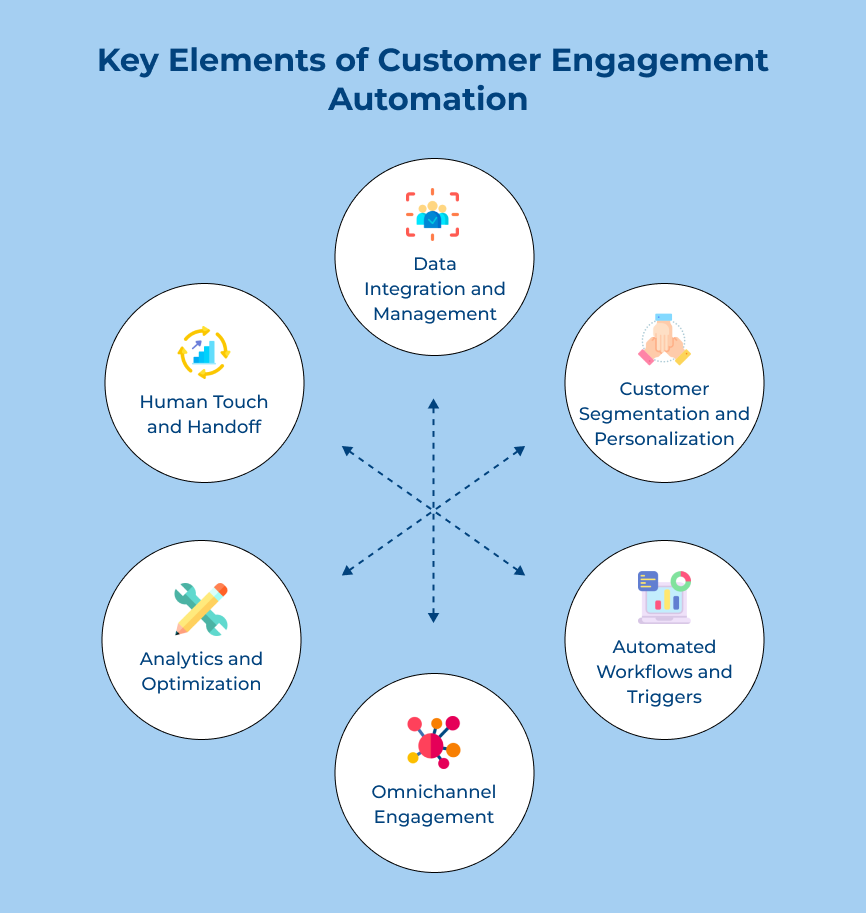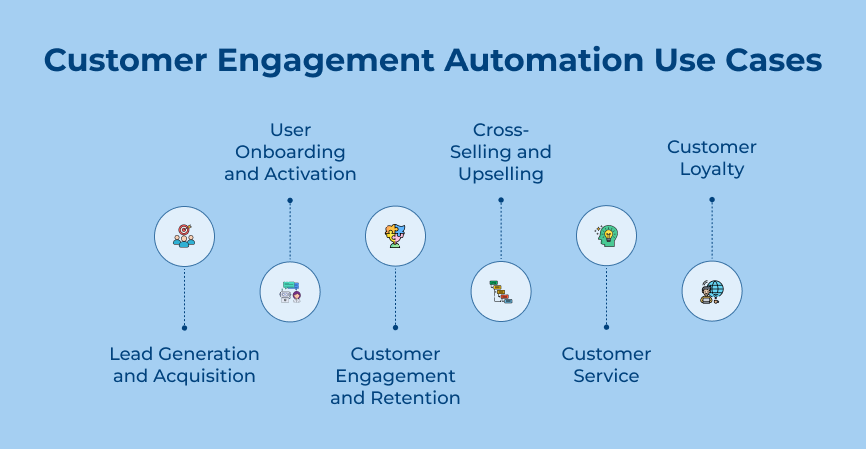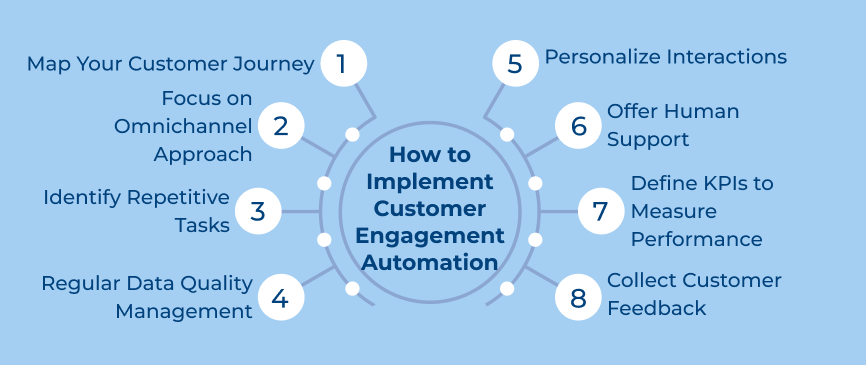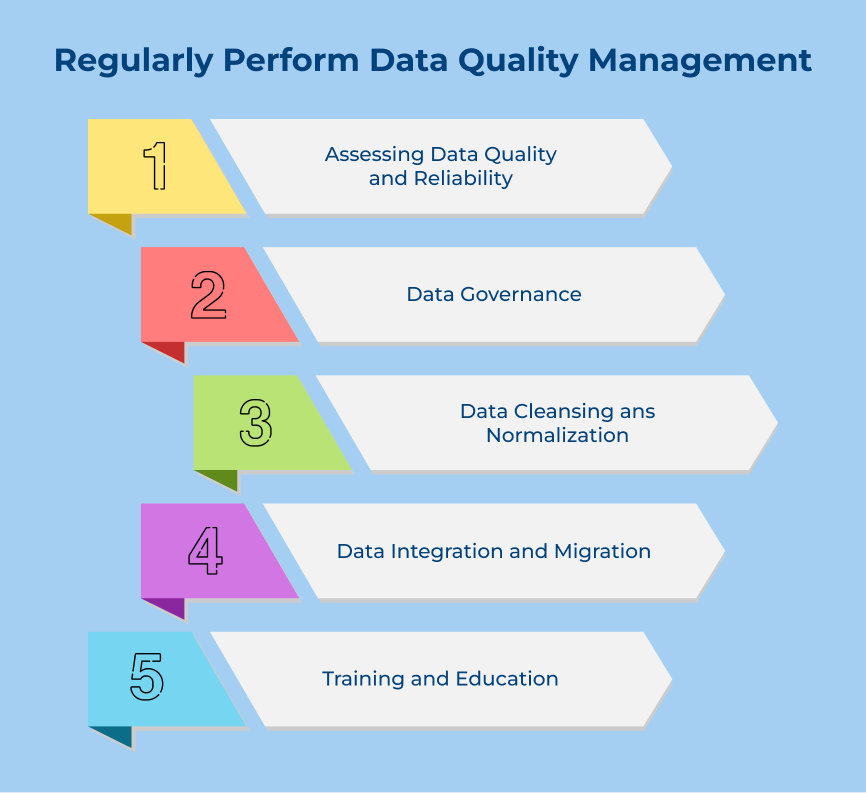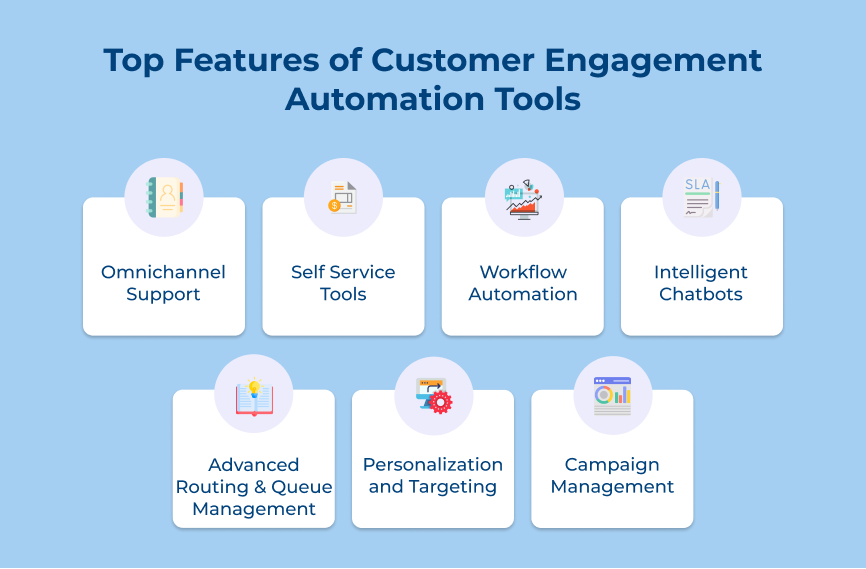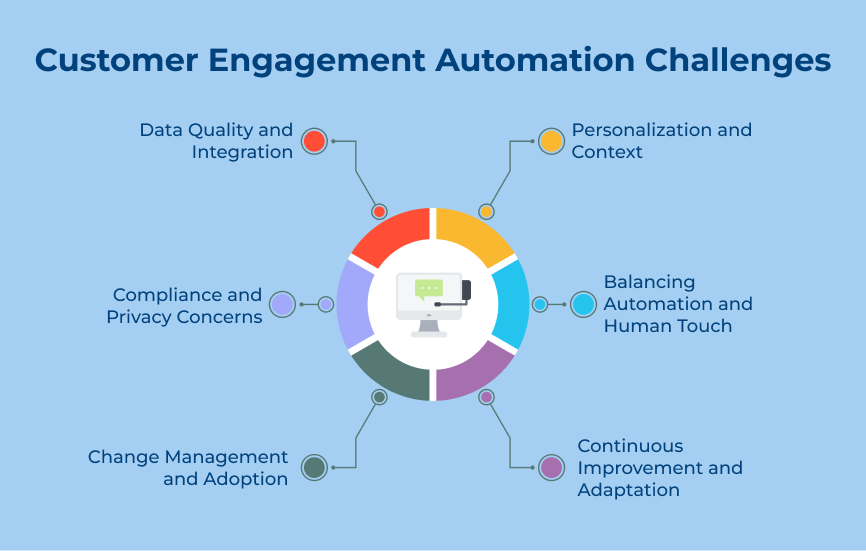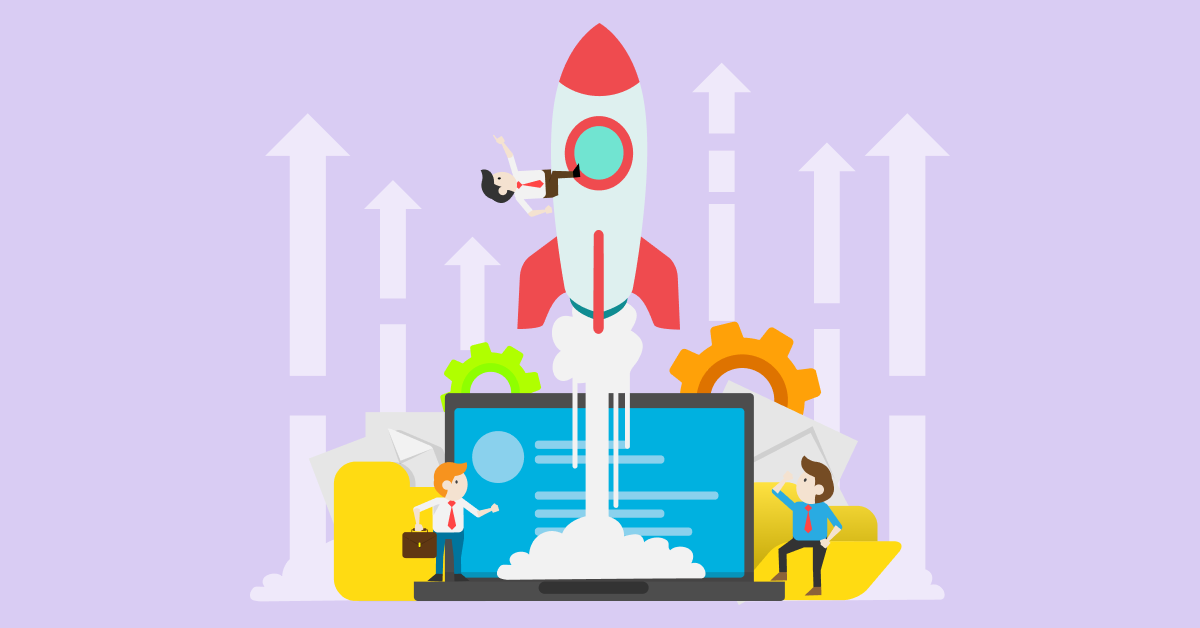1. Omnichannel Support
Modern customers expect seamless interactions across multiple channels, including email, live chat, social media and messaging apps. Top automated customer engagement tools provide omnichannel integration. It enables businesses to manage inquiries from a centralized platform, ensuring consistent experiences.
2. Self Service Tools
Self-service tools enable customers to find answers on their own through self-service portals, knowledge bases and FAQ sections. It reduces the load on support teams and empowers customers with convenient, 24/7 access to information.
3. Workflow Automation
Customer engagement automation tools offer workflow automation capabilities. It allows businesses to streamline processes such as lead nurturing and customer onboarding. It reduces manual effort and ensures consistent customer interactions.
4. Intelligent Chatbots
Leveraging artificial intelligence (AI) and natural language processing (NLP), chatbots can handle routine customer queries. It can also provide personalized recommendations and offer 24/7 support. The automated assistants improve response times and free up human agents for more complex tasks.
5. Advanced Routing and Queue Management
Efficient routing and queue management capabilities ensure that customer inquiries are directed to the most appropriate agent or department based on various factors. It can include language, skill set, or priority level, streamlining the support process and reducing wait times.
Customer Engagement Automation Examples
Customer engagement automation is a powerful tool that is being used by many top brands to connect with their audience in more meaningful ways. Let’s explore some compelling examples of how businesses are leveraging automation to enhance customer engagement and drive success.
1. Starbucks
Starbucks is known for its personalized approach to customer engagement and they have taken it to the next level with automation. Through their mobile app, Starbucks utilizes automation technology to send personalized offers, rewards and offers based on the customer’s previous purchases. It not only enhances the customer experience but also encourages repeat purchases and loyalty.
2. Amazon
Amazon is a great example of a brand that uses automation of customer engagement to provide a seamless shopping experience for its customers. Through their recommendation engine, Amazon suggests products based on the customer’s browsing and purchase history. Amazon also sends automated follow-up emails with product offers to keep customers engaged and coming back for more.
3. Netflix
Netflix leverages customer engagement automation to deliver personalized recommendations and content to its subscribers. Netflix’s algorithm suggests movies that a user is likely to enjoy, by analyzing viewing habits, keeping them engaged and satisfied with the platform. Netflix sends out automated emails with new releases and personalized offers to keep subscribers informed.
4. Sephora
Sephora has incorporated customer engagement marketing automation into its loyalty program, Sephora Beauty Insider. Through personalized emails, Sephora notifies members of exclusive offers, birthday gifts and points balance updates. Sephora also uses automation to send reminders about upcoming events, new product launches and personalized beauty tips, keeping members excited about the brand.
5. Spotify
Spotify utilizes automated customer engagement to personalize the music listening experience for its users. Spotify’s algorithm creates personalized playlists, recommendations and music discovery features tailored to each user’s taste by analyzing listening habits. Spotify sends automated emails with personalized playlists and new music releases to keep users engaged.
Customer Engagement Automation Benefits
Customer engagement automation offers numerous benefits that can significantly impact business growth and success. Here are five key customer engagement automation benefits:
